In today’s digital age, authenticity is paramount. With global online platforms at our fingertips, the spread of misinformation is a growing concern, especially regarding significant social and political issues like The Voice Referendum.
The Threat of Fake Social Media Profiles
Distinguishing between genuine and fake profiles is challenging for many social media users. A society built on shared narratives and facts is essential for cohesion. However, fake profiles perpetuate misinformation, leading to polarised communities trapped in their information bubbles.
The Voice Referendum and Social Media Manipulation
Recent revelations suggest that internal and external actors use fake profiles to globally manipulate public opinion. Australia’s referendum on the Aboriginal and Torres Strait Islander Voice to Parliament is no exception.
Using the advanced social media analysis tool Cyabra, we delved into the impact of fake profiles on the referendum discourse. This AI-driven tool, previously used by Elon Musk to uncover fake Twitter profiles, assesses the authenticity of social media accounts.
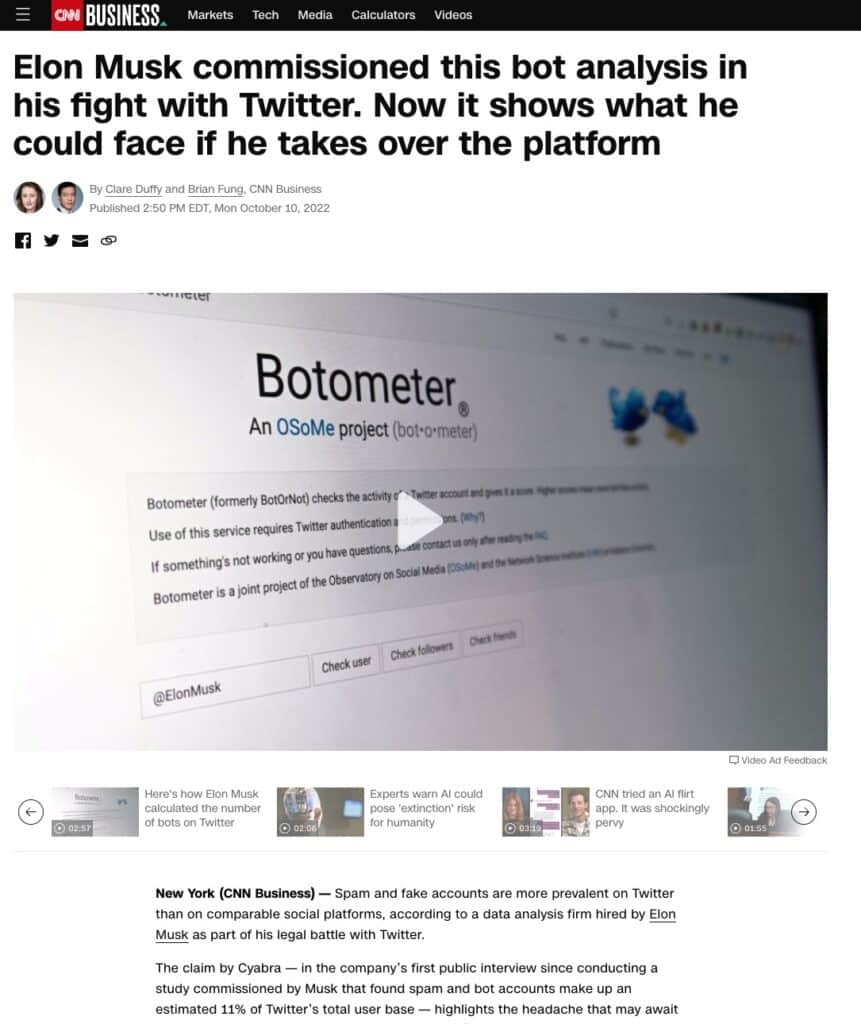
The Voice Referendum Hashtags
Using Cyabra, we scanned several of the most popular social media platforms for hashtags and other relevant keywords, examining X (formerly Twitter), TikTok, Facebook and Instagram.
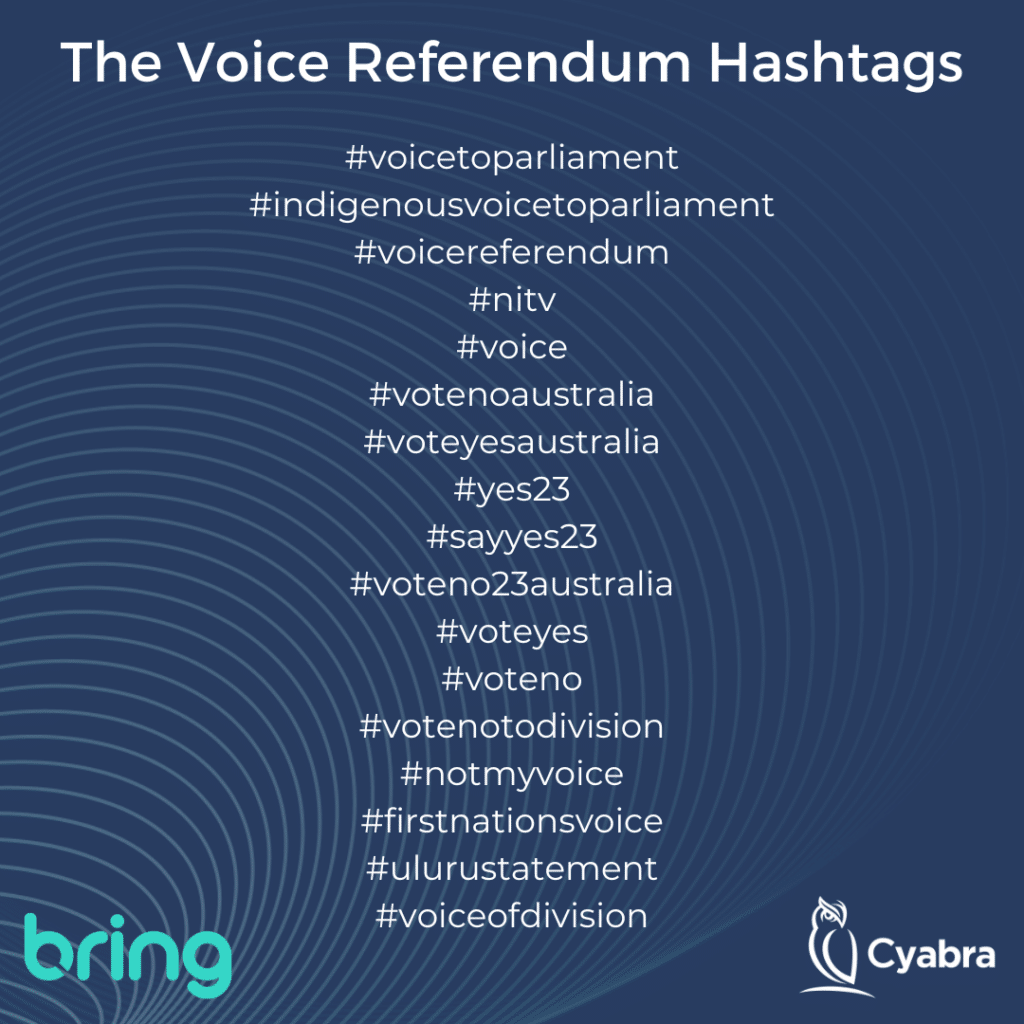
Key Findings from the Analysis
From 5 August to 5 September, 10,657 profiles discussed the referendum using popular hashtags like #voicetoparliament and #ulurustatement. Of these, 653 (6%) were identified as inauthentic.
Negative sentiment profiles (3,238) generated over 745,000 engagements, while positive sentiment profiles (2,952) garnered over 1.4 million engagements.
Facebook had the highest number of fake profiles at 328 (10%), followed by TikTok at 213 (11%). Instagram and X (Twitter) had fewer fake profiles, with 87 (2%) and 25 (1%) respectively.
Of the content from fake profiles, 45% leaned towards a ‘No’ vote, while only 14.6% supported ‘Yes’.
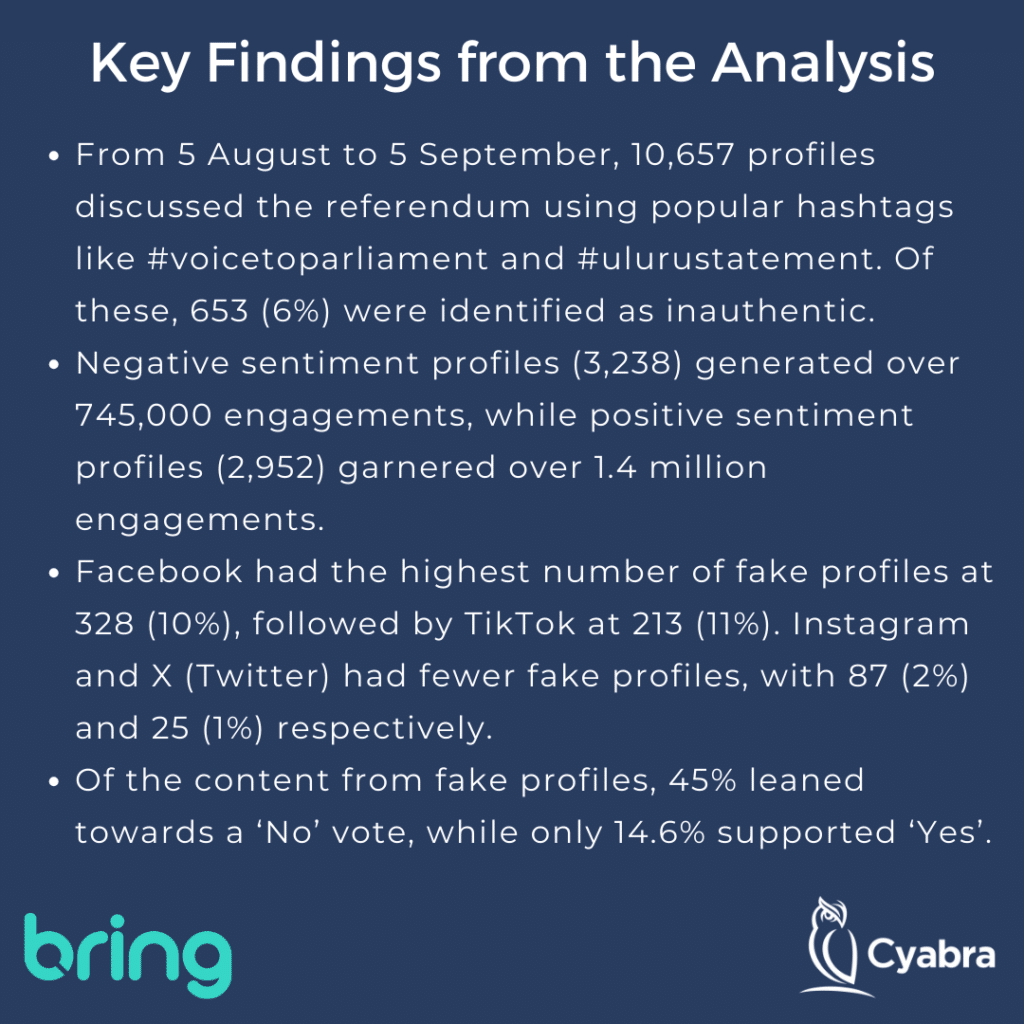
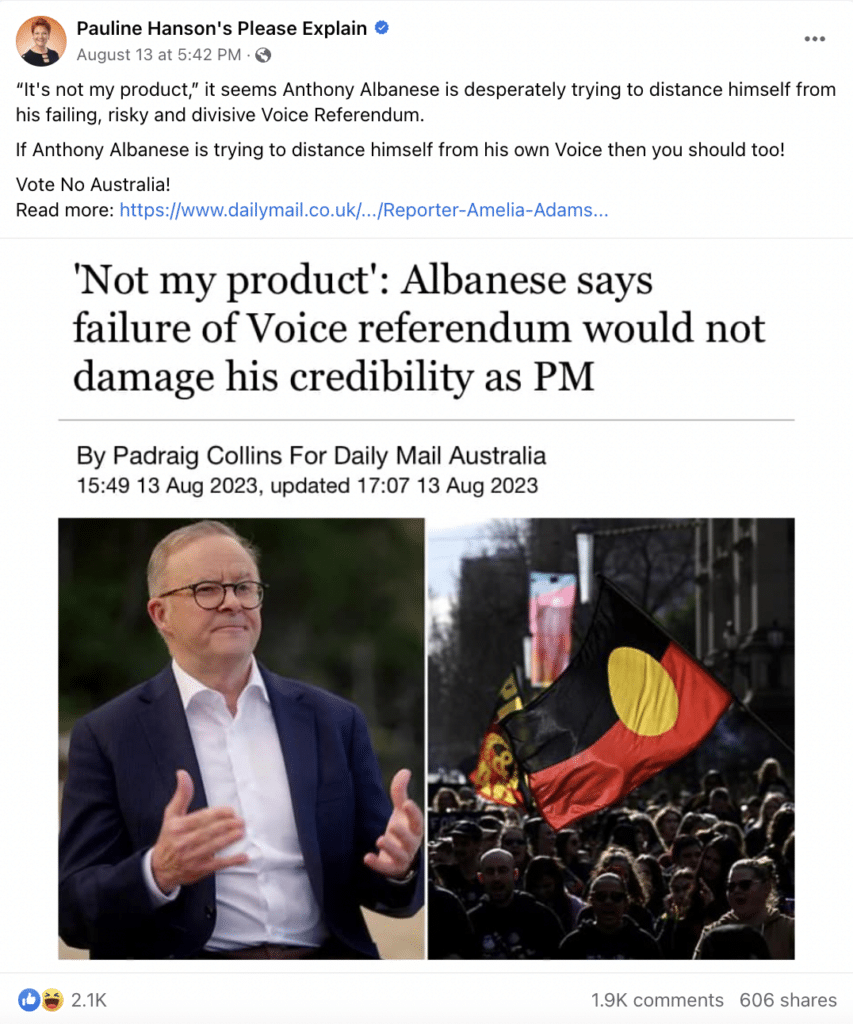
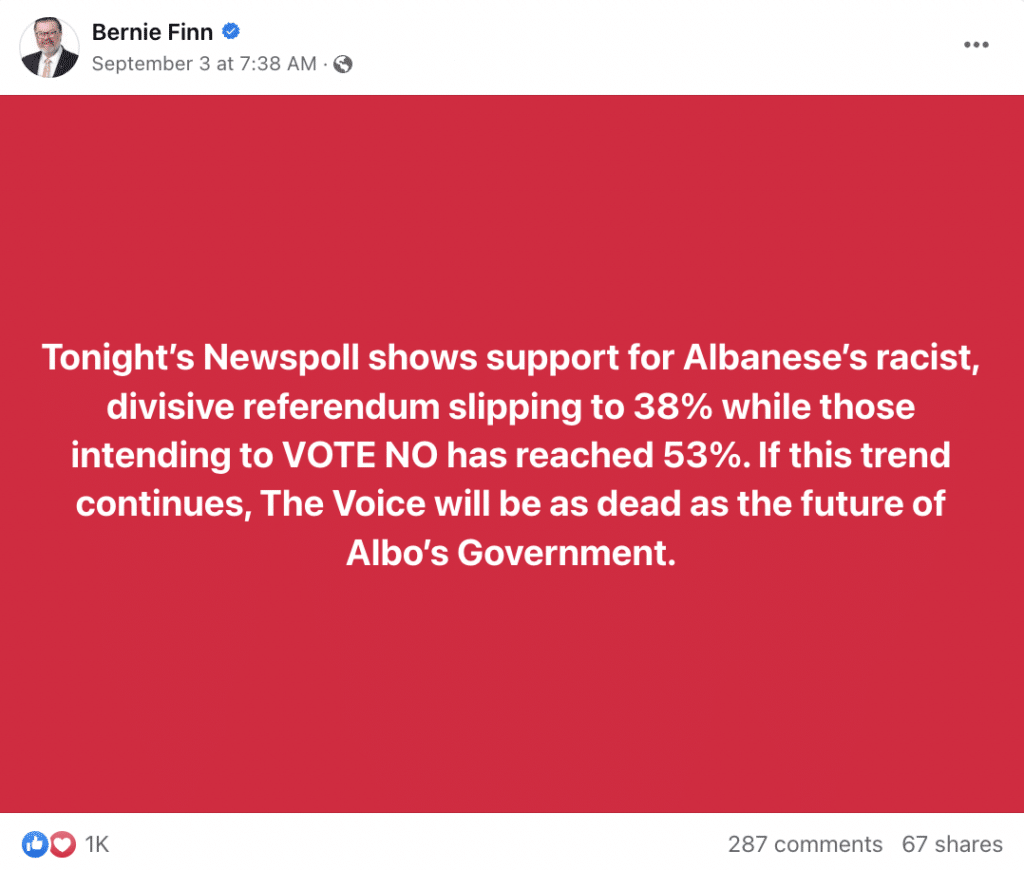
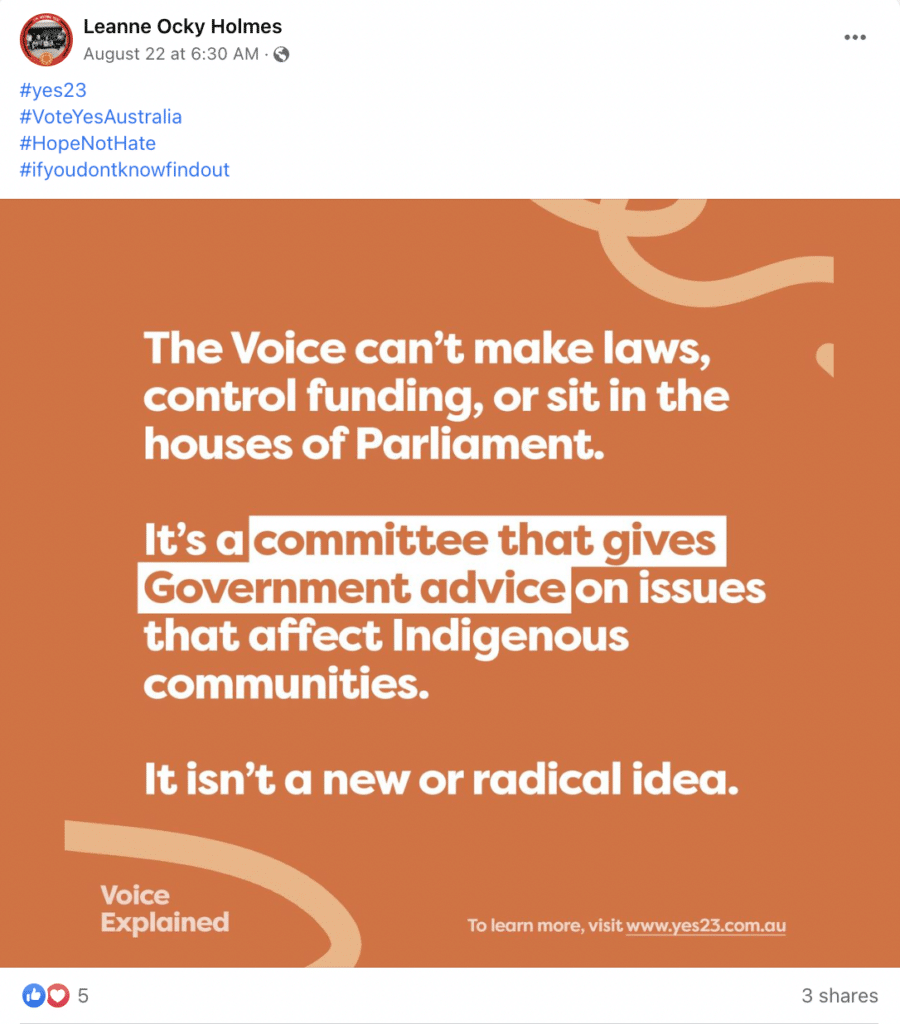
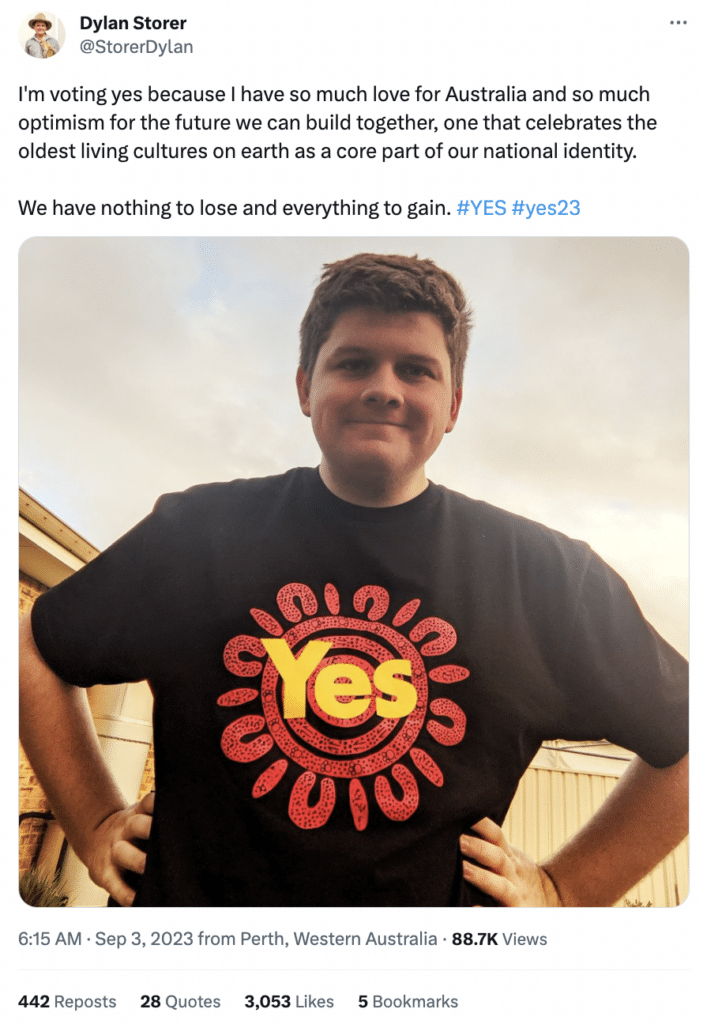
Is There a Coordinated Effort Behind the Fake Profiles?
Our analysis did not indicate a coordinated campaign behind the fake profiles. Instead, individual motivations, possibly driven by strong personal beliefs, seem to be the primary force. The debate also highlighted significant negative sentiment surrounding Prime Minister Anthony Albanese, with accusations of promoting division.
Individual Passion vs. Coordinated Misinformation in the Voice Referendum
While the presence of fake profiles is concerning, there’s solace in the absence of a coordinated conspiracy. The data suggests that these profiles stem from individual passion rather than a coordinated effort, contrasting with situations observed in other countries like the USA.
Why Trust Cyabra?
Cyabra is a reliable platform for analysing social media behaviour sentiment, and detecting fake profiles. By examining various metrics, from content frequency to language fluency and engagement types, Cyabra offers invaluable insights for brands and researchers alike.